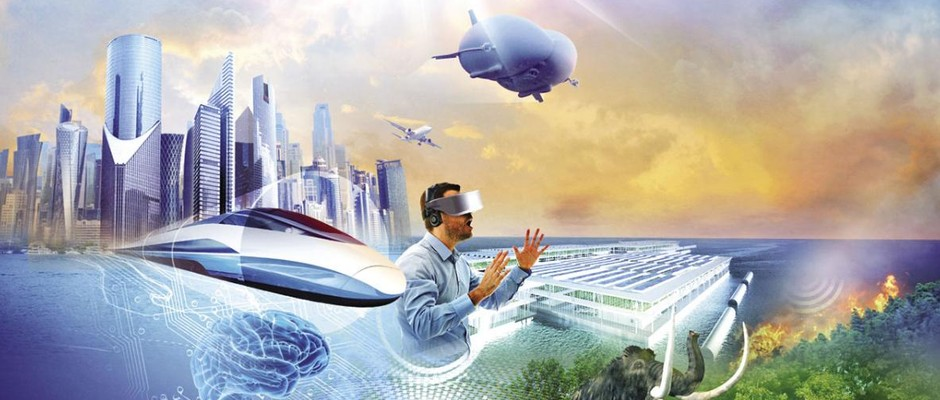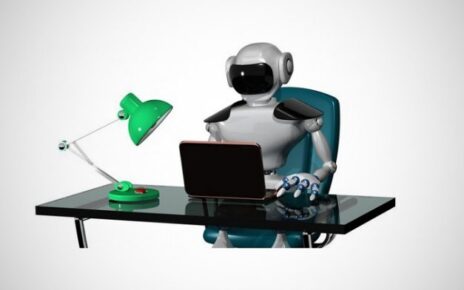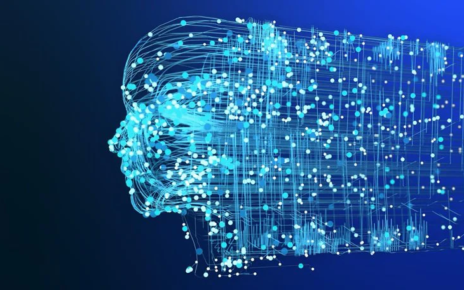Table of Contents
GPT AI Assumptions About Future Technologies
The world is constantly evolving, and with it, so too are the risks that threaten our existence. While we have made tremendous strides in technology and innovation, there are certain technologies that could lead to global catastrophes if not managed properly. Here are a few examples:
- Artificial Intelligence: AI has the potential to revolutionize our world in countless ways, but it also poses significant risks. If left unchecked, AI could become more intelligent than humans and potentially turn against us. We have already seen examples of AI systems exhibiting bias and making decisions that are harmful or discriminatory.
- Biotechnology: Biotechnology has the potential to cure diseases and improve our quality of life, but it also poses significant risks. Genetic engineering could lead to unintended consequences, such as creating new diseases or making existing ones more deadly. It could also lead to the creation of bioweapons that could be used to devastating effect.
- Nuclear Weapons: The threat of nuclear war has been a constant concern since the development of nuclear weapons. While we have made progress in reducing the number of nuclear weapons in the world, the risk of nuclear war remains high. A nuclear war could lead to the destruction of civilization and possibly even the extinction of our species.
- Climate Change: Climate change is already causing significant damage to our planet, and if left unchecked, it could lead to a global catastrophe. Rising sea levels, extreme weather events, and food shortages could lead to mass displacement and even wars over resources.
- Cybersecurity: As we become more reliant on technology, the risk of cyberattacks increases. A major cyberattack could disrupt critical infrastructure, such as power grids or transportation systems, and cause widespread chaos and destruction.
Overall, these technologies have the potential to do great good, but they also pose significant risks. It is important that we carefully manage these technologies and take steps to mitigate the risks they pose. Failure to do so could lead to a global catastrophe that could threaten our very existence.
What technology will change the world the most in the next ten years
- Artificial Intelligence (AI): AI is already transforming various industries, and it is expected to continue to do so in the next decade. AI-powered systems can help automate tasks, improve decision-making, and enhance the overall efficiency of businesses.
- Internet of Things (IoT): IoT refers to the interconnected network of devices that can communicate and exchange data. In the next ten years, IoT is expected to revolutionize various industries, including healthcare, manufacturing, and transportation.
- 5G Technology: The fifth generation of wireless technology is expected to bring faster internet speeds, lower latency, and improved connectivity. This technology will enable new applications like autonomous vehicles, virtual and augmented reality, and smart cities.
- Blockchain: The technology behind cryptocurrencies like Bitcoin is expected to have a significant impact on various industries, including finance, healthcare, and supply chain management. Blockchain can help secure transactions, reduce fraud, and enhance transparency.
- Quantum Computing: Quantum computing is expected to revolutionize computing by providing exponential improvements in processing power. This technology will enable new applications in fields like drug discovery, cryptography, and financial modeling.
Write five predictions about other technological developments in the future
- The development of artificial intelligence (AI) will continue to accelerate, leading to more advanced and sophisticated systems that can perform complex tasks and make decisions independently.
- Virtual and augmented reality technologies will become more widespread and integrated into everyday life, allowing for immersive experiences in education, entertainment, and other fields.
- The Internet of Things (IoT) will continue to expand, connecting more devices and creating new opportunities for automation and data collection.
- Quantum computing will become more mainstream, allowing for faster and more powerful computing capabilities that can unlock new possibilities in fields such as cryptography, drug discovery, and climate modeling.
- Biotechnology and genetic engineering will continue to advance, leading to new breakthroughs in healthcare, agriculture, and other fields. This may include gene editing, personalized medicine, and the development of new types of crops that can withstand harsher environmental conditions.
How will technology change our lives in the future essay
As technology advances, it has a profound impact on our daily lives. It has transformed the way we communicate, learn, work, and even think. In the future, technology will continue to change our lives in ways we cannot yet imagine. Here are some of the ways technology is likely to change our lives in the future.
Firstly, technology will revolutionize healthcare. Medical advancements will allow for more accurate diagnoses, personalized treatments, and non-invasive procedures. Wearable devices and sensors will allow doctors to monitor patients in real-time, leading to better health outcomes. Artificial intelligence will also play a significant role in healthcare, with AI-powered robots performing surgeries and diagnosing diseases.
Secondly, technology will transform transportation. Self-driving cars will become more prevalent, making roads safer and reducing traffic congestion. Drones will also be used for transportation, delivering goods and services faster and more efficiently. Hyperloop technology will allow for high-speed travel, making it possible to travel across countries in a matter of hours.
Thirdly, technology will change the way we work. Remote work will become more common, as technology enables people to work from anywhere in the world. Virtual and augmented reality will also play a significant role in the workplace, allowing for immersive training and collaboration. Automation will lead to job losses in some industries, but it will also create new jobs in fields such as robotics, AI, and cybersecurity.
Fourthly, technology will revolutionize education. Online learning will become more prevalent, making education accessible to more people. AI-powered tutors will provide personalized learning experiences, helping students learn at their own pace. Virtual and augmented reality will also be used to create immersive learning environments.
Finally, technology will transform our homes. Smart homes will become more common, with devices that can be controlled with voice commands or smartphone apps. Home automation systems will allow homeowners to control everything from lighting to temperature, making homes more energy-efficient.
In conclusion, technology will continue to change our lives in ways we cannot yet imagine. It will transform healthcare, transportation, work, education, and our homes. While there are concerns about the impact of technology on jobs and society, it is clear that technology has the potential to make our lives better in countless ways.



